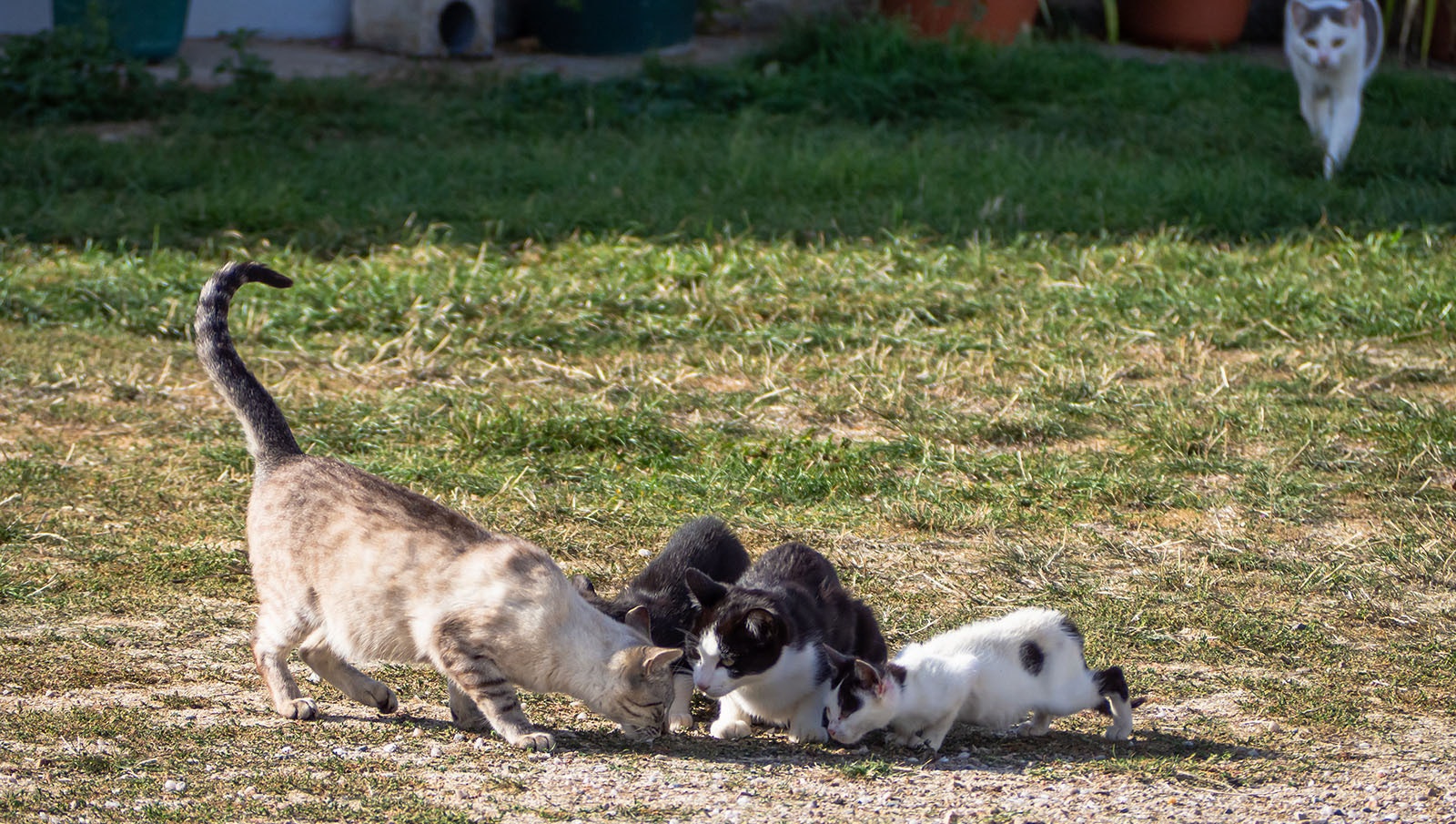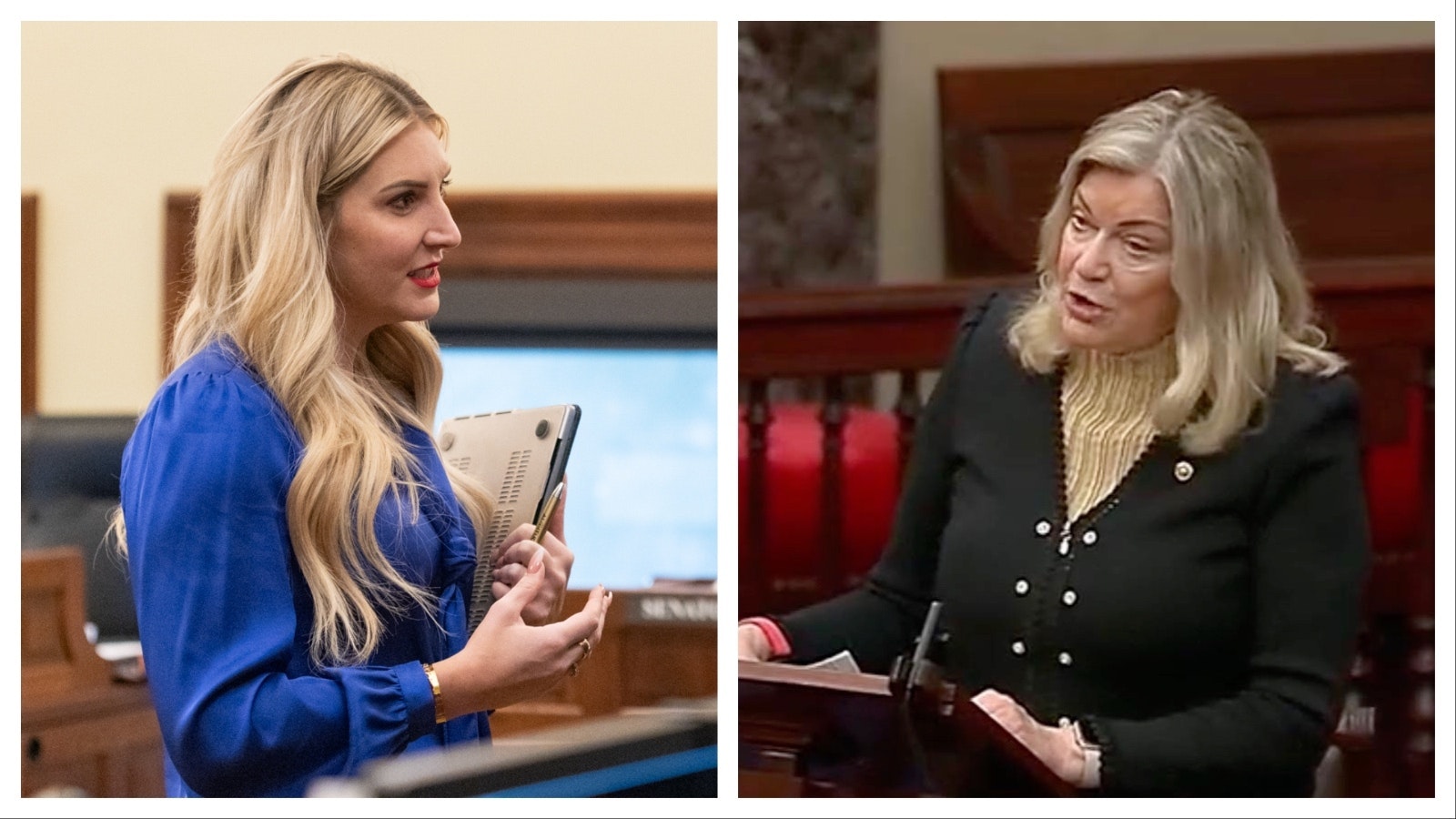Animal control in Natrona County turned a page this week when local officials agreed to support a new plan to trap, neuter and release a growing number of nuisance feral cats.
Feral cats carry a host of communicable diseases that make them troublesome for animal shelters to handle and, unlike dogs, they are nearly impossible to adopt out. That leaves one option — euthanasia — and as Casper Police Chief Keith McPheeters put it, feral cats are draining the city’s animal control budget.
McPheeters said the Casper Police Department oversees animal control for all of Natrona County. Trap, neuter and release is not necessarily a new idea. It's been used successfully in many other communities, including a few in Wyoming.
However, one member of the Casper City Council questioned the plan during a meeting earlier this week.
Shoot Them On Sight
"They are wild animals. They ought to be shot on sight," said Councilman Steve Cathey. "I know that's going to raise a bunch of flak, but that's what they are."
McPheeters told Cowboy State Daily that capturing and euthanizing feral cats has been the policy in Natrona County for nearly 40 years and the situation hasn't improved. Feral cats are territorial, and when removed from an area it creates a vacuum that is soon filled with more feral cats.
"In the spring we get overrun and our shelter is filled to capacity with feral cats," McPheeters said. "When that happens, we have little opportunity to do anything more than euthanize."
Under the trap, neuter and release plan, feral cats will go back and fill the niche in the ecosystem where they were previously with one big difference — they won’t be having or making any more baby feral cats.
McPheeters said it will take time for the plan to mature and begin to show improvement, but it's been proven in other communities.
"The idea through a sterilization program is that nature will take the appropriate course and in a period of time, a generation or two, we can make a significant dent in the population and reduce some of the harm being caused in the ecosystem by feral cats," McPheeters said.
Euthanizing Isn’t Preferred
McPheeters added that a goal for the Casper Metro Animal Control Center is to not have to euthanize any animals. He said euthanizing dogs is rare there and that many of his employees pursued this career path because they love animals. Euthanizing animals isn't something they are fond of.
"We have a substantial problem with feral cats," he said. "Some citizens have a soft spot for all animals and some feed and care for feral cats. I have a vested interest to care for animals in our jurisdiction so any attempt on our part to prevent euthanasia is something we strive for."
The trap, neuter and release plan came together in Natrona County through a diverse group of stakeholders that include law enforcement, city and county officials, animal advocates and veterinarians.
"It's a very good working group that is actively engaged to improve our area and the compassion that we can give to animals," McPheeters said. "These changes we are advocating for are just one step down the road. It's not just the opinion of the police department. It's a large group of stakeholders who have been looking diligently at the problems."
After receiving approval from the Casper City Council, the task force is evaluating city ordinances to see if changes are needed for the trap, neuter and release plan to go forward.
Trap, neuter and release was considered in Natrona County a few years ago but funding issues could not be resolved. Citizen's groups and nonprofits pledged to obtain funding, but that never materialized, McPheeters said.
"All of the changes we are making are designed for long-term success," he said. "We know the best thing for all parties involved is to never have to be checked into a shelter. If we can reduce that number, it's good for all parties, but feral cats are draining our resources."





